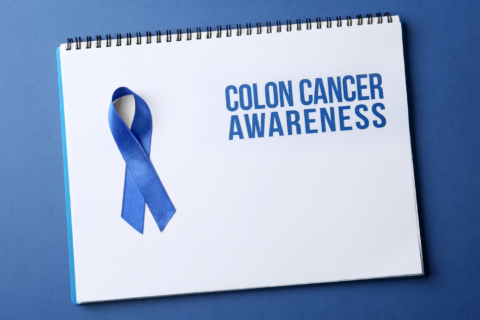By Luisa Siniscalchi
Emotional overeating happens when we use food to cope with negative feelings. It can lead to weight gain, obesity, and the myriad of health problems caused by those conditions. Emotional overeating can become a vicious cycle where a person eats to dull the pain, gains weight, has more negative emotions because of the weight gain, and then eats more to dull that pain.
Here are 3 simple strategies to help prevent emotional overeating:
- Stop and ask yourself “why am I eating, am I really hungry.” Being more aware of your hunger level can help you make better choices.
- Take away temptation. Don’t keep hard-to-resist unhealthy foods in your home. When you decide to have a snack be prepared with healthy pre-portioned options such as nuts, sliced veggies, whole fruit, or popcorn.
- Keep a food diary. Track what you eat, how much you eat, when you eat, how you’re feeling when you eat and how hungry you are. This can help you make better choices and recognize patterns.
The strategies above can help but ultimately, you will need to identify and address the true source of your emotional eating. If you’ve tried self-help options and are unable to control emotional eating, consider therapy with a mental health professional.






